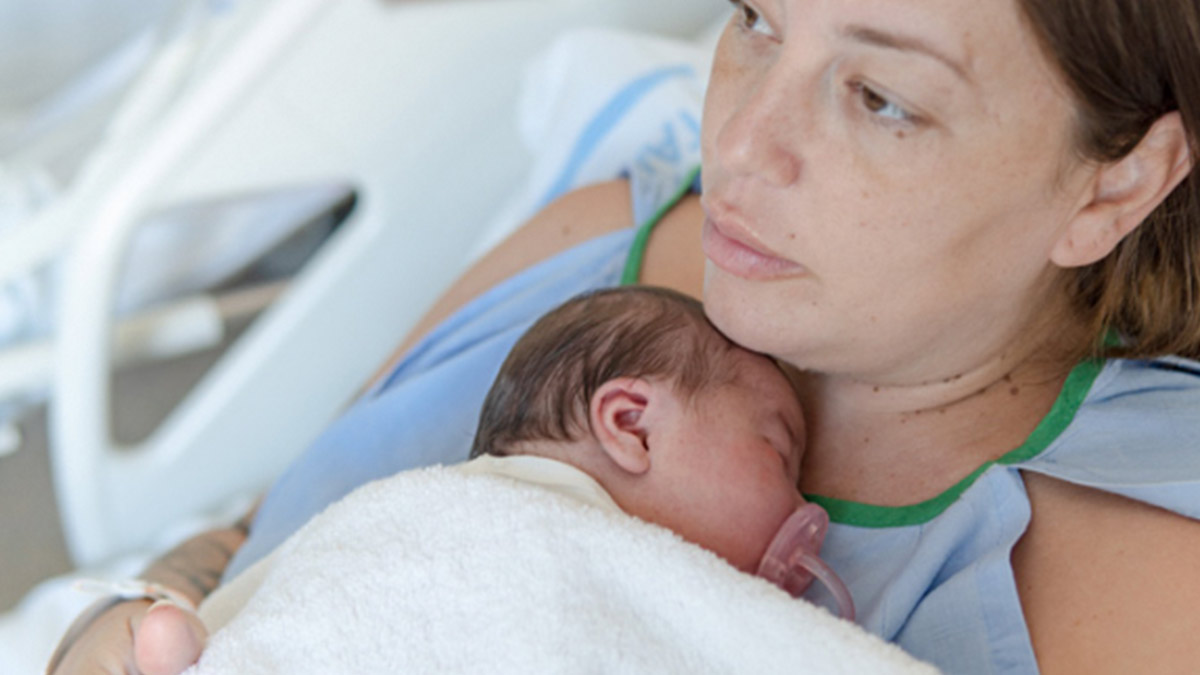Every year, at least 40 million women are likely to experience a long-term health problem caused by childbirth, according to a study published recently in The Lancet Global Health.
Part of a special series on maternal health, the study shows a high burden of postnatal conditions that persist in the months or even years after giving birth. These include: Pain during sexual intercourse (dyspareunia), affecting more than a third (35 per cent) of postpartum women; low back pain (32 per cent); anal incontinence (19 per cent); urinary incontinence (8-31 per cent); anxiety (9-24 per cent); depression (11-17 per cent), perineal pain (11 per cent); fear of childbirth (tokophobia) (6-15 per cent); and secondary infertility (11 per cent).
The authors of the paper call for greater recognition within the healthcare system of these common problems, many of which occur beyond the point where women typically have access to postnatal services. Effective care throughout pregnancy and childbirth is also a critical preventive factor, they argue, to detect risks and avert complications that can lead to lasting health issues after birth.
“Many postpartum conditions cause considerable suffering in women’s daily lives long after birth, both emotionally and physically, and yet they are largely underappreciated, underrecognised, and underreported,” said Dr Pascale Allotey, Director of Sexual and Reproductive Health and Research at WHO. “Throughout their lives, and beyond motherhood, women need access to a range of services from healthcare providers who listen to their concerns and meet their needs – so they not only survive childbirth but can enjoy good health and quality of life.”
Despite their prevalence, these conditions have been largely neglected in clinical research, practice and policy, the paper notes. During a literature review spanning the last 12 years, the authors identified no recent high-quality guidelines to support effective treatment for 40 per cent of the 32 priority conditions analysed in their study, and found not a single high-quality guideline from a low- or middle-income country. Data gaps are also significant: there were no nationally representative or global studies for any of the conditions identified through the research.
Taken as a whole, the series, titled Maternal Health in the Perinatal Period and Beyond, calls for greater attention to the long-term health of women and girls – after and also before pregnancy.
According to its opening paper, a holistic approach is needed to reduce maternal deaths, focusing not only on their immediate biomedical causes but also on the complex interplay of broader social, economic, and environmental conditions that affect women’s health, including racial and gender inequities, as well as economic context, nutrition, sanitation, environmental risks, or exposures to violence and conflict. Lack of attention to such fundamental issues helps explain why 121 out of 185 countries have failed to significantly progress in reducing maternal deaths over the past two decades, the paper contends.







